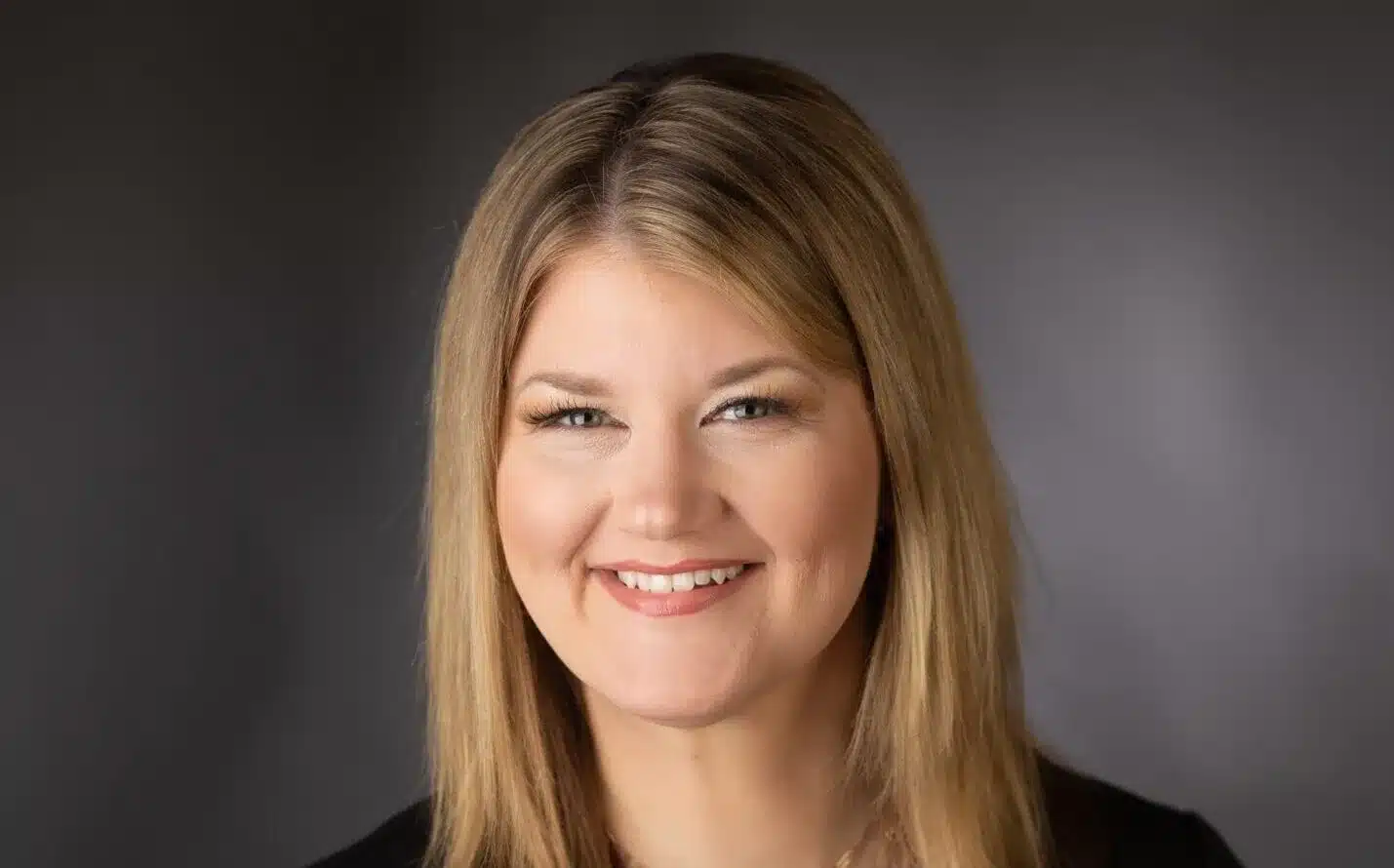This article first appeared on the Magnolia Tribune.

- Christina Dent says a punitive approach to drug use has not succeeded in the last one hundred years, and it won’t succeed in the next one hundred.
Earlier this month, Oregon’s governor, Tina Kotek, signed a bill that recriminalizes drug possession, effectively rolling back a landmark change in 2020 when voters approved Measure 110, which removed criminal penalties for drug possession.
The move to recriminalize has primarily been driven by public concerns over rising overdose deaths and worsening public drug use and homelessness, which some Oregonians attribute to Measure 110. But it’s not that simple.
First, rising overdose rates is a critical issue facing not just Oregon, but our nation as a whole. It’s true that the number of individuals who died from an unintentional fentanyl overdose more than tripled from 2020 to 2022, according to the Oregon Health Authority. But Measure 110 did not cause that. Fentanyl emerged on the East Coast and moved west, hitting Oregon full force at the same time Measure 110 passed.
Removing criminal penalties for drug possession doesn’t stop contamination from fentanyl — only a legally regulated drug supply can solve that problem. The fentanyl overdose crisis was coming for Oregon regardless of whether Measure 110 passed or not. The coincidental timing, though, gave the impression that Measure 110 caused it. It did not.
Second, the significant issue of public drug use is particularly pronounced in Oregon because of its high rates of homelessness. Measure 110 was not aimed at solving the homelessness crisis that so many cities are facing alongside an overall housing shortage. Homelessness and addiction are often related issues, but not arresting someone doesn’t automatically help them find affordable housing or overcome significant and complex challenges in their lives. It just removes the additional burden of incarceration and a criminal record. Measure 110 didn’t create the crisis of homelessness, and rolling it back won’t solve it.
Third, the part of Measure 110 that received less press was the increase in funding it offered for addiction treatment. Unfortunately, the disbursement of those funds did not start until 2022, when the fentanyl wave had hit, and the backlash against Measure 100 was already underway. It takes time to implement systems of care, even when additional funding becomes available. Because of the lag time between the passage of Measure 100 and the disbursement of treatment funding, followed by the lag time needed for data analysis, there was no time to analyze the treatment opportunity from Measure 110 before the opposition prevailed. What a tragedy.
Measure 110 took the heat for much bigger problems, and the move to recriminalize drug possession is moving us backward. A punitive approach to drug use has not succeeded in the last one hundred years, and it won’t succeed in the next one hundred. An evidence-based, nuanced approach is the path forward, where we don’t unnecessarily arrest people, but we also protect public safety and the use of public places. We’ve done this with alcohol and tobacco, and we can do it with other drugs if we can fight for solutions instead of giving in to reactions.
This article first appeared on the Magnolia Tribune and is republished here under a Creative Commons license.
Read original article by clicking here.

